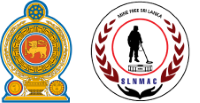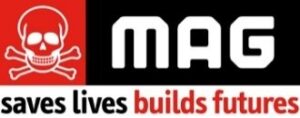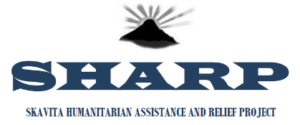Mine Action Partners
Mine action work in Sri Lanka is funded by




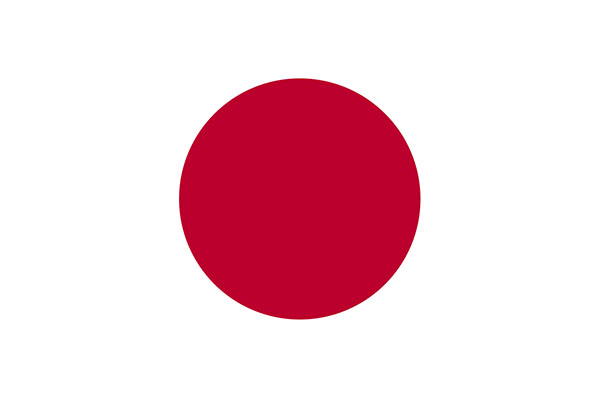



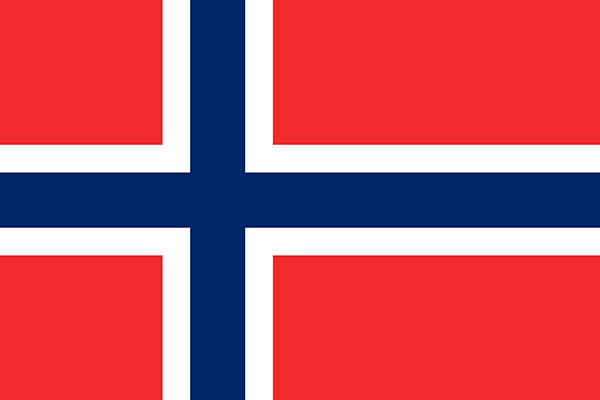
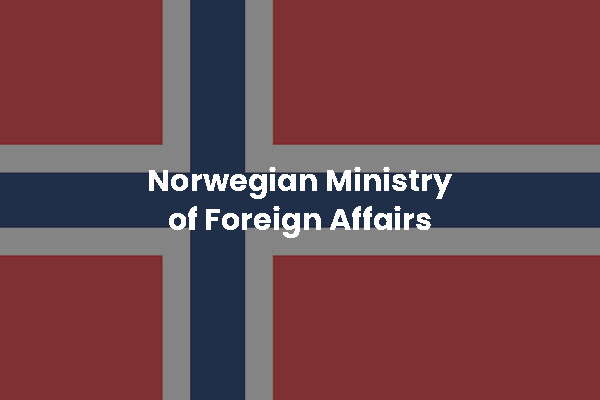



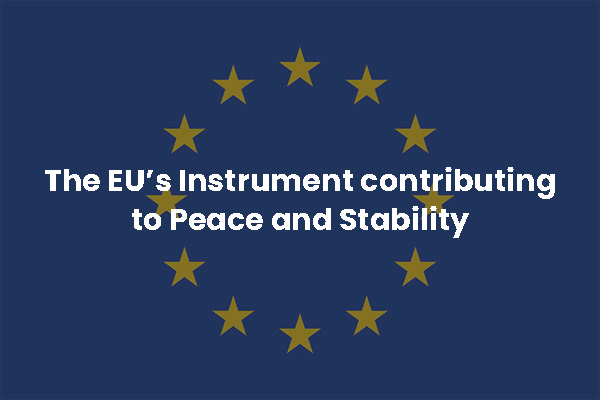



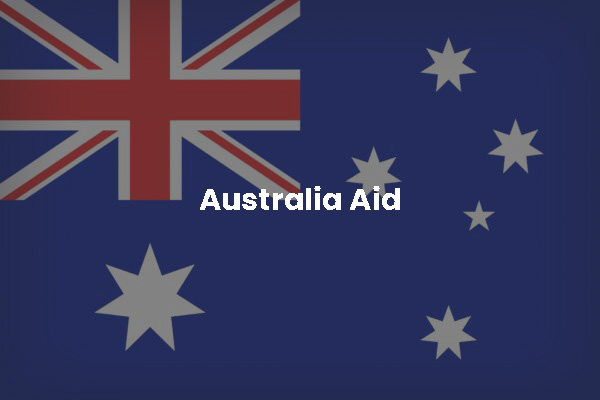

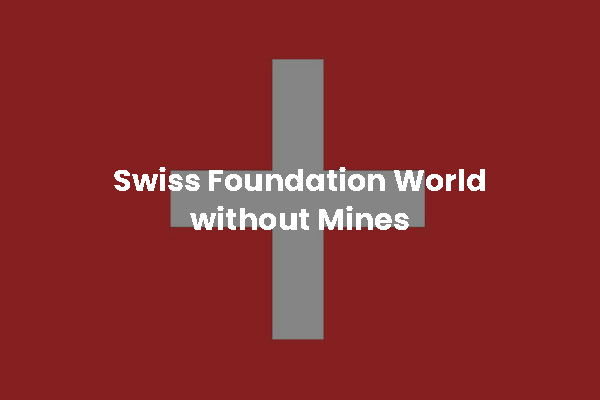
The HALO Trust is a UK-based humanitarian demining organization founded in 1988. It operates in 24 countries and territories across the world, employing local staff to conduct surveys, clearance, and mine risk education.
The organization began its work in Sri Lanka in 2002 and currently employs over 1,100 staff recruited from mine-affected areas in the Northern Province. One-third of these staff are women, many of whom hold leadership roles.
Initially focusing its efforts in Jaffna between 2002 and 2008, HALO expanded its activities into Kilinochchi and Mullaitivu Districts following the end of the war in 2009.
This expansion aimed to assist with the return of internally displaced persons (IDPs). The Central Operating Base is located in Kilinochchi.
Delvon Assistance for Social Harmony (DASH) is a Sri Lankan non-profit demining NGO, with its workforce exclusively composed of Sri Lankan nationals who are specialized and experienced in the field of Humanitarian Demining. DASH started its operations in January 2010 with the support of the Danish Demining Group (DDG).
Presently, it employs over 400 demining staff, including 23% of women who also hold leadership roles. The organization operates in the districts of Kilinochchi and Mullaitivu in the Northern Province of Sri Lanka. DASH's head office is located in Colombo, while its field office is based in Kilinochchi.
Additionally, DASH operates three camps located in Paranthan (Kilinochchi), Mankulam, and Welioya (Mullaitivu).
Skavita Humanitarian Assistance and Relief Project (SHARP) stands as Sri Lanka's second national demining NGO, commencing operations in 2016 with the support of the Government of Japan (GGP).
Initially focused on clearance operations in the Kilinochchi district, SHARP later expanded its efforts to include the Mullaitivu district.
SHARP currently employs over 200 staff, with 18% of them being women.
The representative office is located in Colombo and the central operating base in Palai.
The Sri Lanka Army Humanitarian Demining Unit (SLA HDU) commenced demining operations in 2002 in the Jaffna peninsula, with assistance from RONCO Consulting Cooperation until 2007. Since then, the Sri Lanka Army Engineers have overseen all demining operations. Currently, the SLA HDU is the only government-owned agency involved in demining and operates under an established organizational structure headquartered in Vavuniya, with demining activities in the North and East regions. The use of Mine Detecting Dogs (MDD) has proven effective in demining operations, providing reliable detection of buried landmines when utilized alongside manual and mechanical demining methods. MDDs play a crucial role in area reduction, quality assurance, and specific clearance operations.
The Geneva International Centre for Humanitarian Demining (GICHD) works towards reducing risk to communities caused by explosive ordnance, with a focus on landmines, cluster munitions and ammunition stockpiles.
The Centre helps develop and professionalize the sector for the benefit of its partners: national and local authorities, donors, the United Nations, other international and regional organisations, non-governmental organisations, commercial companies and academia.
In Sri Lanka, GICHD is committed to continuing support to NMAC in the development, implementation and review of the national mine action completion strategy for the period 2023-2027.
